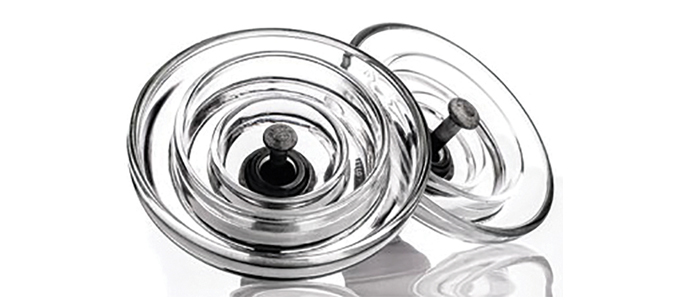- +61 7 3374 2877
- Email Us
La Granja Glass Insulators
More than 100 million installed – In over 100 countries – On all Continents
Toughened Glass Insulator – The technical advantages
High thermal and mechanical resistance
Many Utilities report unacceptable numbers of polymer failures while expressing concerns for long term reliability. Toughened glass insulators, due to the thermal treatment received, offer great resistance to both the mechanical and thermal stress, which is normal for suspension insulators, as well as accidental impacts which may occur during transport, handling, and installation. They are also highly resistant to sudden changes in temperature.
Reduced ageing
This is true even when insulators are subjected to large mechanical loads. LGI has insulators in service in high voltage transmission grids for over 85 years.
High dielectric resistance and homogeneous potential distribution
Dielectric strength is high due to the homogeneity of the glass, which makes them practically impossible to puncture. The insulator has high electrical capacitance and achieves homogeneous potential distribution in strings, thereby helping to improve the phenomenon of radio interference and the corona effect.
Easy inspection and mechanical reliability
Toughened glass insulators offer a very important advantage: an intact glass insulator is always a “healthy” insulator. If the glass were to break for any reason, it would break up into small pieces, whilst the mechanical resistance of the insulator “stub “remains practically the same as that of the intact insulator. This provides confidence for asset managers and power line inspection crews, simplifying inspection as it can be carried out using the naked eye from the ground or from a helicopter. The insulator string practically maintains its original mechanical properties until maintenance work can be scheduled. Furthermore, thanks to the homogeneity of the glass, the annual spontaneous shattering rate for installed LGI insulators (measured empirically by the world’s main electricity operators) has been shown to be below the 0.02% that is normally required by customers, thereby significantly reducing maintenance costs and providing a lower cost of ownership.
For these reasons, glass insulators are becoming the cost-effective solution for new construction and for the replacement of aging porcelain or polymer insulators.

La Granja Glass Insulators – Made of Glass and Passion
La Granja Insulators (LGI) is a member of the VERESCENCE Group.
The VERESCENCE Group has facilities throughout the world (total of 7 plants including France, Spain and United States) with over 2,340 employees. It is now the world leader in speciality glass products (Power Line Insulators, Perfumery and cosmetics, & Spirits Bottles) with an annual turnover of around 321 million euros.
A major player in the insulator market for nearly 90 years (previously known as ESA, Saint-Gobain La Granja, Vicasa and SGD) LGI has built up its reputation for reliability, professionalism and innovation based on the following: